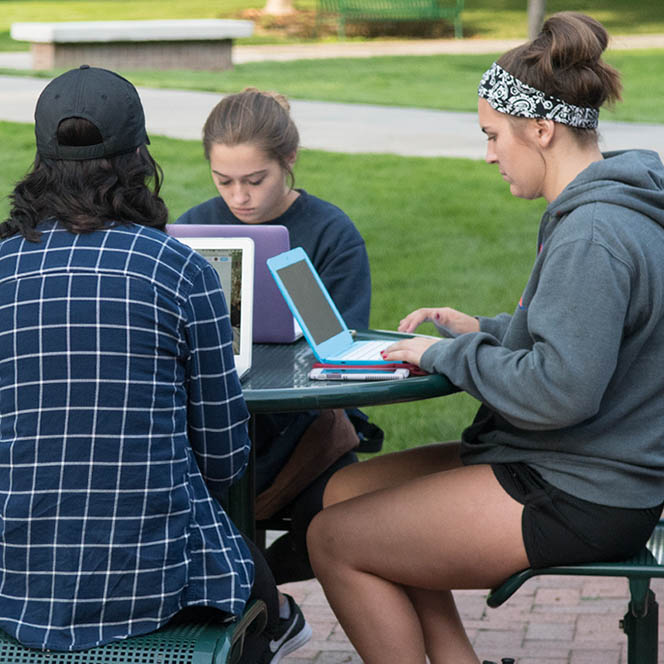
Students are often not aware of successful study strategies which can lead to them performing poorly on assessments. Study skill courses or workshops may help students, but many students do not take advantage of them. A solution, therefore, is that individual instructors help students understand how learning works and expose them to study strategies they may not know. This does not need to take up much or any class time, but by helping students use efficient and effective ways to learn in our classes, we can help them succeed.
Below is a list of quick tips about study strategies, learning skills, and how learning works to share with students. These are based on how we understand how the brain and learning works. Depending on the course activities and expectations, some strategies may be more pertinent than others.
There are many ways to use this list in your classes, but having students reflect on them and think about examples of how to apply them to your class is an important part. For example, you can include this list as homework and ask students to pick a few and describe how they relate to your class. Or, you can show one on a slide or online discussion board and have students briefly discuss it each week. As described on the list, asking students to personalize the information and connect it to what they already know or are doing will help them to better learn and apply these tips.
-
- Some level of challenge is essential to learn. Productive struggle is necessary!
- Personalizing information and making it relevant to your life boosts learning.
- Connect new information to what you already know. These connections can be personal experiences, prior knowledge in the class, stories, music, etc.
- Practicing retrieving information is more beneficial than you may think.
- Combining pictures and words together (e.g. draw a diagram of text) leads to better learning.
- You need to pay attention to form new memories (learn), which means that you cannot multitask while you’re trying to learn.
- To use information you previously learned and stored in your long-term memory, you need to recall it, and this is helped by putting it into categories or linking it to other memories.
- Take care of your brain as an organ: sleep is your save button, exercise releases molecules in your brain that send signals needed for learning, and good nutrition gives your brain the building blocks it needs.
- Retrieval cues are prompts that can help remember. Retrieval cues are different for different people, so you need to make your own.
- Learning is the formation of memories, and this takes time, sleep, and repeated practice retrieving the memories.
- Repeating, elaborating, and deep processing allow for the learning of new information and the retrieval of information you previously learned.
- Recognition is not the same as recall. Recall is much harder.
Adapted from:
Karen Kortz
Professor of Geology
Community College of Rhode Island